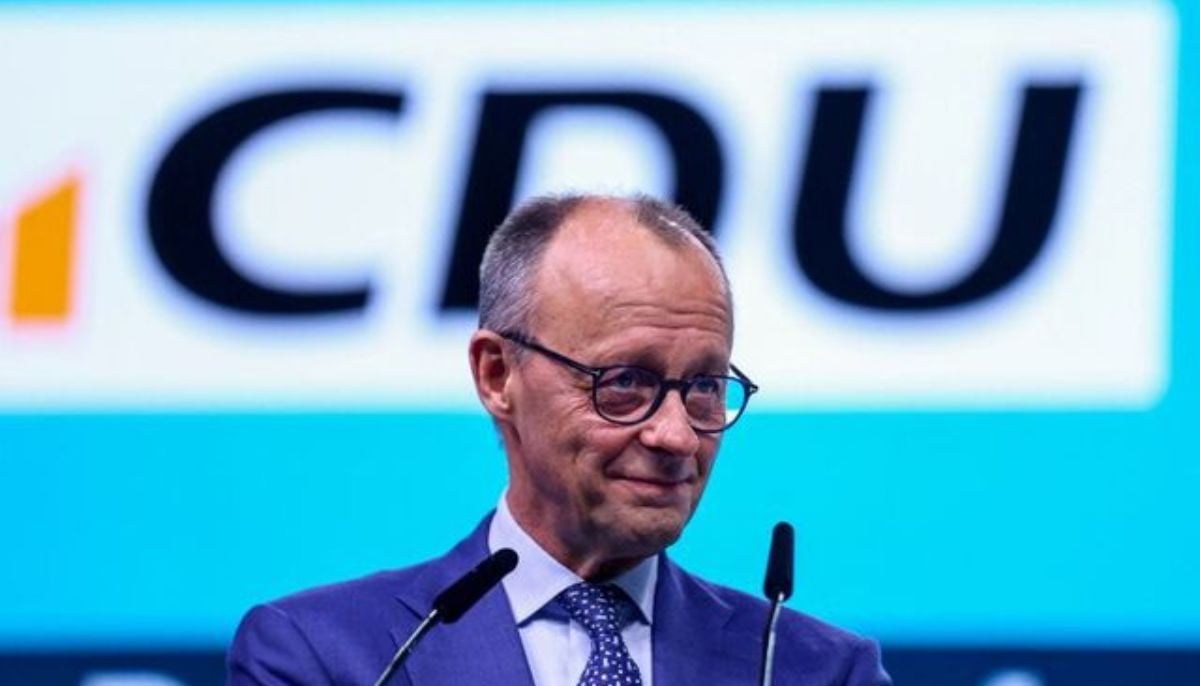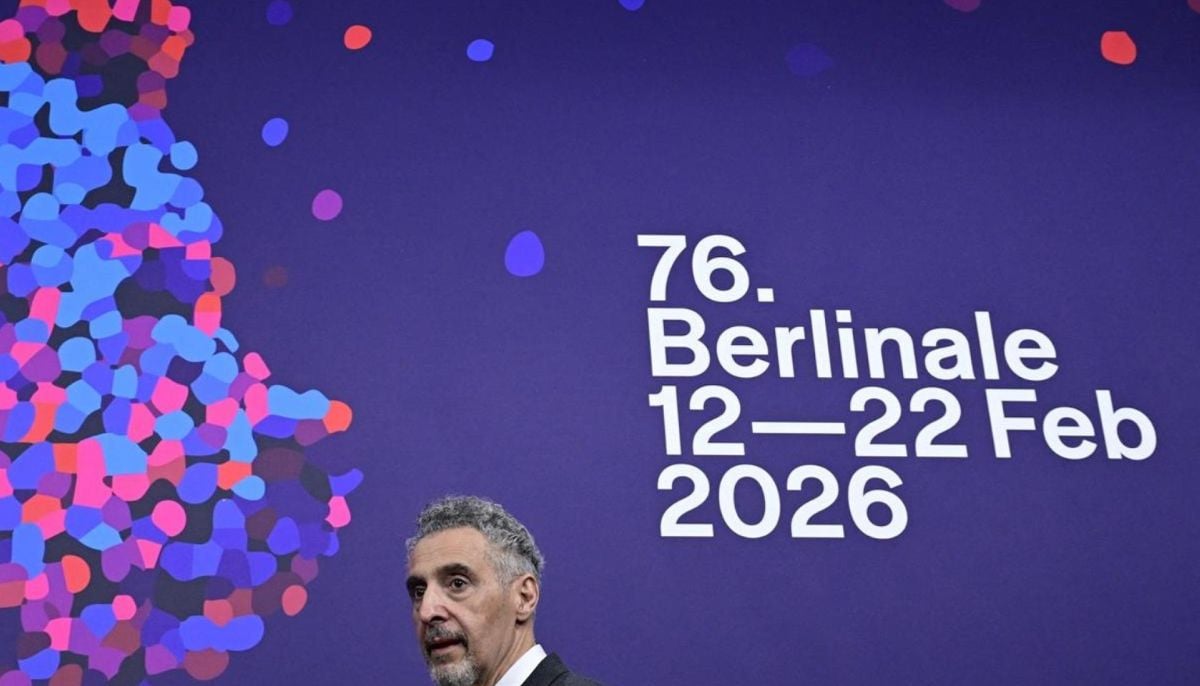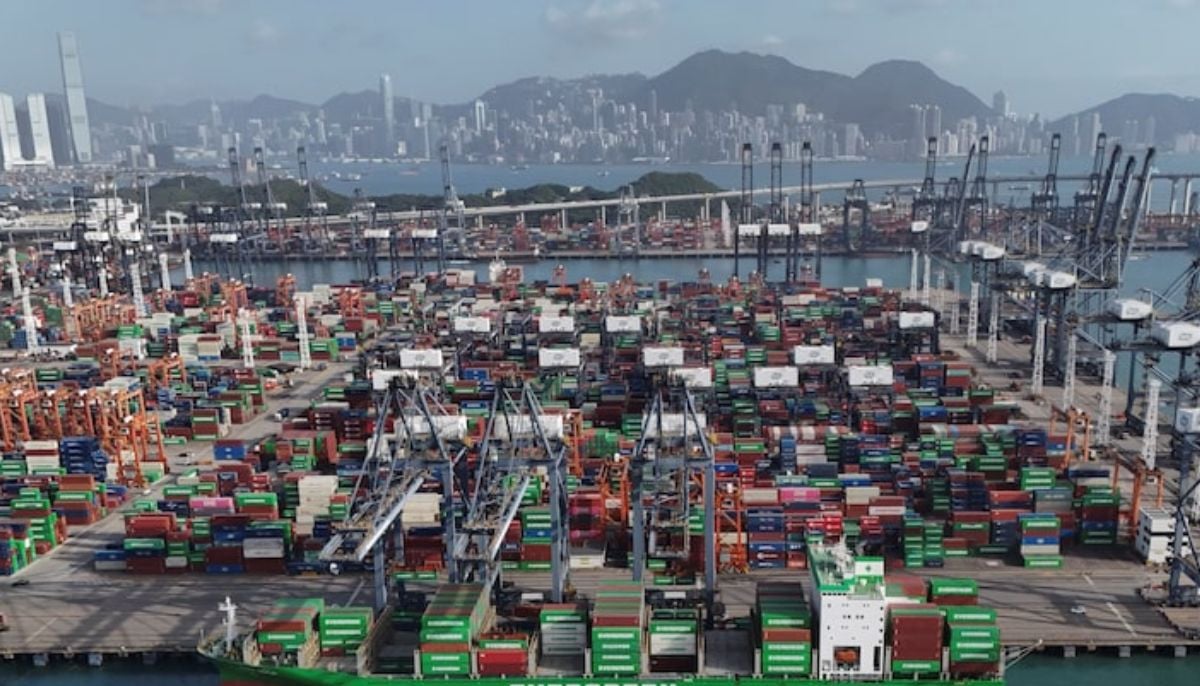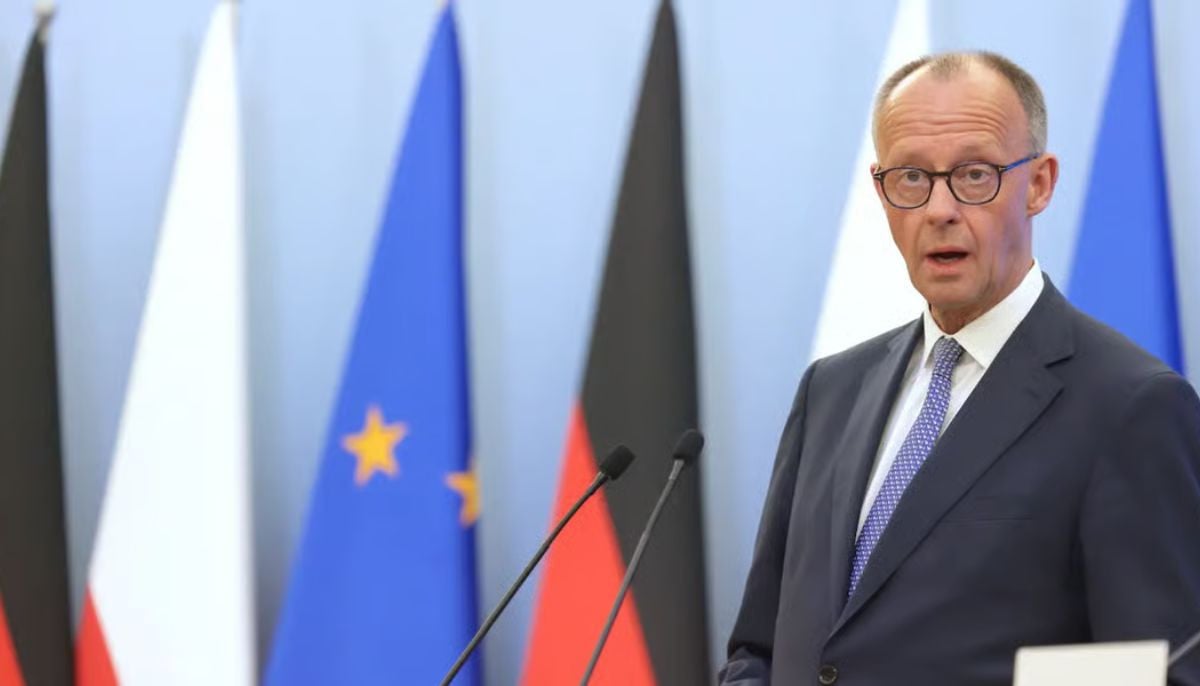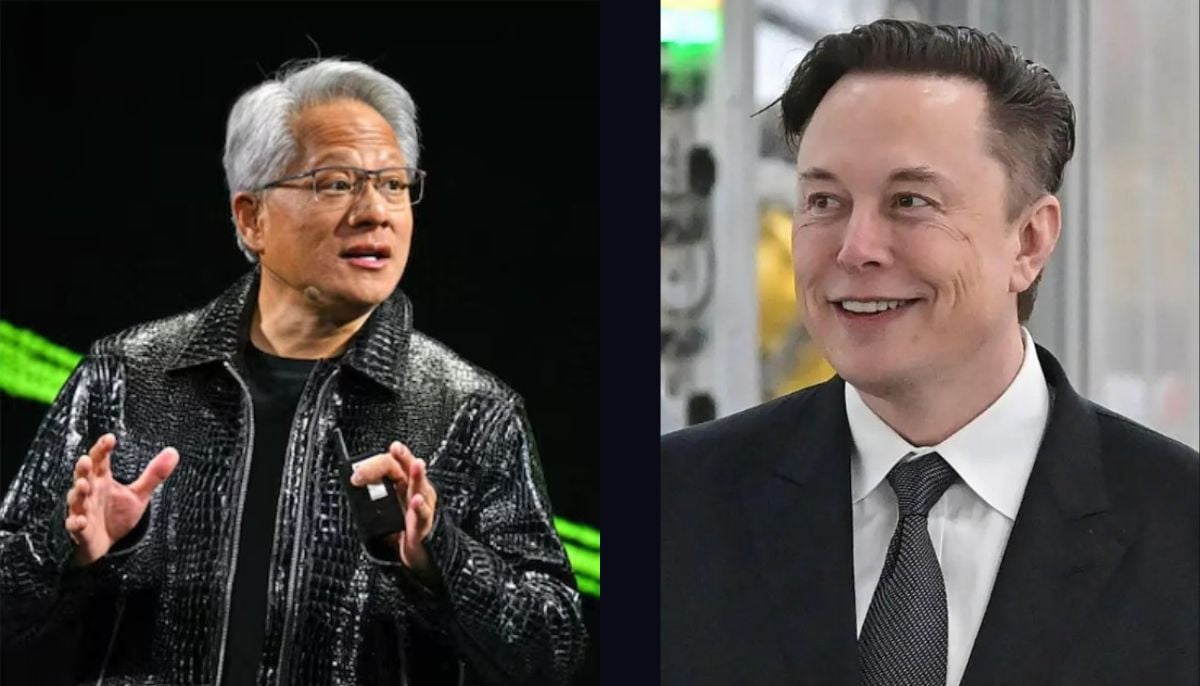Video: Statement by Pakistan Foreign Minister Shah Mahmood Qureshi at UN
Video Statement. Pakistan Foreign Minister Shah Mahmood Qureshi Saturday delivered the new Pakistani government’s first policy statement at the United Nations in Urdu, saying that while it desired good relations with India, New Delhi repeatedly suspended dialogue with Pakistan on “flimsy grounds”.Foreign Minister Shah Mahmood Qureshi Saturday delivered the new Pakistani government’s first policy statement at the United Nations in Urdu, saying that while it desired good relations with India, New Delhi repeatedly suspended dialogue with Pakistan on “flimsy grounds”.
UNITED NATIONS: Foreign Minister Shah Mahmood Qureshi Saturday delivered the new Pakistani government’s first policy statement at the United Nations in Urdu, saying that while it desired good relations with India, New Delhi repeatedly suspended dialogue with Pakistan on “flimsy grounds”.
“They (Indian leaders) preferred politics over peace,” he told the 73rd session of the UN General Assembly taking place in New York in a wide-ranging speech.
Also read: India behind terror attacks in Pakistan, says Qureshi
It was the first time Pakistan delivered its address in its national language at the UN and the world body provided simultaneous translations in all UN official languages — English, French, Spanish, Chinese, Russian and Arabic.
Dialogue, the foreign minister said, was the only way to address long-standing issues, including Kashmir, that have long bedeviled South Asia, and prevented the region from realizing its true potential.
Complete text of statement by Pakistan Foreign Minister Shah Mahmood Qureshi at UN
At the outset, FM Qureshi declared, “Prime Minister Imran Khan-led Pakistan will brook no compromise on the interests of the nation, the sovereignty of the State, or the security of its people.”
“Our Government is keen to pursue a policy of partnerships for peace, security and prosperity in our immediate neighbourhood and beyond,” he told world leaders from around the world.
On India, the foreign minister said he was set to meet his Indian counterpart, Sushma Swaraj, but New Delhi suddenly called off the dialogue, using the pretext of stamps issued months ago, of a Kashmiri activist and depicting grave human rights violations, including pellet gun victims, as an excuse to back out of the talks.
“The unresolved Jammu and Kashmir dispute hinders the realization of the goal of durable peace between the two countries”, Queshi told the 193-member Assembly which earlier in the day heard a strong anti-Pakistan address from the Indian external affairs minister.
“For over seventy years now, it has remained on the agenda of the UN Security Council and a blot on the conscience of humanity,” he said pointing that the people of occupied Jammu & Kashmir had continued the struggle for their right of self-determination in the face of overwhelming oppression and gross violations of their fundamental human rights by the Indian occupation forces.
“There can be no lasting peace in South Asia without a just settlement of the Kashmir dispute based on the UN Security Council resolutions and the will of the Kashmiri people,” the foreign minister declared.
Pakistan, he said, had welcomed the recently released report by the Office of the UN High Commissioner for Human Rights, which, he said, “lifts the veil from decades of obfuscation and chronicles the massive ongoing violations of human rights in Indian Occupied Kashmir.
The report, Qureshi said, had vindicated Pakistan’s position. “No longer the excuse of terrorism can be used to continue to systematically oppress the Kashmiri people,” he added.
The foreign minister called for early institution of a Commission of Inquiry under UN auspices to investigate and fix responsibility, saying that Pakistan would welcome it to Azad Jammu & Kashmir, hoping that India too would do the same.
He said India had frequently violated the ceasefire along the Line of Control in Kashmir in an attempt to divert the world’s attention from its brutalities in Kashmir, but Pakistan had acted with restraint.
“But if India does venture across the LoC, or acts upon its doctrine of ‘limited’ war against Pakistan, it will evoke a strong and matching response,” the foreign minister warned.
Introduction of destabilizing weapon systems, pursuit of discriminatory approaches by certain states to supply advanced military hardware and sensitive technologies, and adoption of offensive force postures and doctrines continue to undermine strategic stability in the South Asian region, he said.
“Under the circumstances, he said, Pakistan had no option but to maintain a minimum credible deterrence.”
Referring to Pakistan’s proposal for a Strategic Restraint Regime for South Asia, Qureshi said, “We are ready to engage with India for meaningful confidence building, risk reduction and avoidance of arms race.”
Qureshi said Pakistan continued to face terrorism that was financed, facilitated and orchestrated by our eastern neighbour.
“We wanted to sit with India to discuss all issues, including terrorism, that have created violence in our cities and towns, and have led to tens of thousands of casualties of innocent Pakistanis,” he added.
Pakistan, he said, would never forget the terrorist attack in India against Samjhota Express carrying innocent Pakistanis – and now its confessed perpetrators are being allowed to walk free.
“We wanted to share this evidence with India and the international community on who supported these acts of violence and terrorism. We have already shared this evidence with the UN.
“We have in our custody a serving Indian Naval officer, Commander Kalbhushan Yadav, who has provided us with the most incriminating evidence by accepting that he, on the instructions of his government, financed, planned and executed acts of terrorism and violence in Pakistan,” he said.
“This is but one Indian state sponsored official terrorist. Many more are launched inside Pakistan to create terror and mayhem by our eastern neighbour.
“And it is India, that in plain sight of the international community, perpetrates state sponsored terrorism in Indian occupied Jammu and Kashmir and other parts of India.
“It is the concern of the United Nations, as Jammu and Kashmir remains on the agenda of the UN Security Council. And it is a matter of concern for the international community as humanity is being crushed and human rights being violated all over India, where people have stood up against oppression, occupation and to demand their fundamental rights.
“It is also a matter of concern of the international community that India has sponsored terrorism and aggression against all its neigbours,” he added.
On Afghanistan, the foreign minister said there was no military solution to the war. “A negotiated settlement has assumed urgency in the face of the worrisome and growing presence of Daesh in Afghanistan”
Pakistan, he said, would continue to lend its support to an Afghan owned and Afghan led process of peace and reconciliation.
Pakistan, he said, had hosted the longest protracted refugee presence of modern times.
“Our role and sacrifices can perhaps be better appreciated when juxtaposed against the rising tide of anti-immigrant sentiments in nations, more resourceful and developed than ours, that have faced the brunt of fewer immigrants, over a shorter timescale,” he said.
“Because of this protracted situation, Afghanistan’s security has a direct spill over impact on our own security and stability. We look forward to the safe, dignified and voluntary return of Afghan refugees to their homeland,” he added.
-
Germany’s ruling coalition backs social media ban for children under 14
-
Quinton Aaron reveals why he does not want to speak to wife Margarita ever again
-
Why Mikaela Shiffrin celebrated Olympic Gold with Taylor Swift song?
-
Political tensions steal spotlight at Berlin Film Festival closing ceremony
-
Hong Kong touts stability,unique trade advantages as Trump’s global tariff sparks market volatility
-
Friedrich Merz heads to China for high stakes talks in an effort to reset strained trade relations
-
Nvidia CEO praises Elon Musk, calls him an ‘extraordinary engineer'
-
Conan O'Brien speaks first time after Rob Reiner's killing




